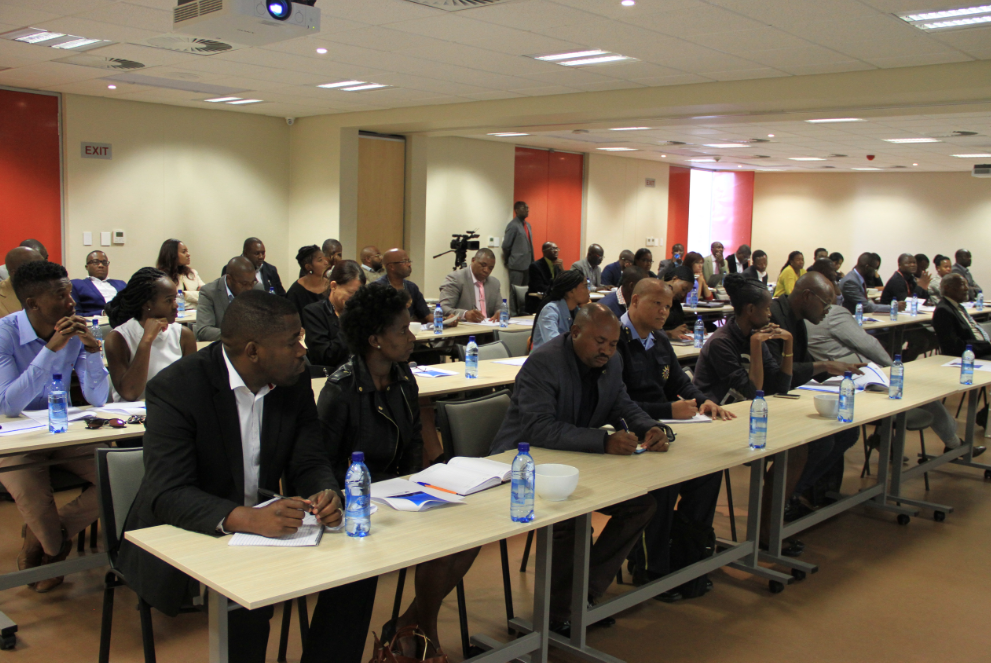NIPAM launches 2018/19 calendar
NIPAM launches 2018/19 calendar
The Namibia
Institute of Public Administration and Management (NIPAM) launched the 2018/19
training calendar on 8 May 2018. The event was attended by about 60 training officials
from central government, regional councils, local authorities and public
enterprises.
The unveiling was
characterised by presentations from NIPAM officials on their three main
training programmes namely;
Flagship
training programmes,
Functional training
courses,
and
Information and Communication Technology courses
Presentation
on the Flagship courses emphasised five distinctive management development programmes;
Executive Development Programme, Senior Management Development Programme, Middle
Management Development Programme, Supervisory Development Programme and the Foundation
Programme.
Apart from the
Flagship Development Programmes, NIPAM also delivers ICT courses such as ITIL
foundation, cobit 5 foundation, cobit 5 implementation, business process
re-engineering, computer literacy for executives, computer literacy (windows
10), microsoft word basic, microsoft word intermediate microsoft word advanced,
microsoft excel basic, microsoft excel intermediate, miscrosoft powerpoint
basic, microsoft powerpoint advanced, microsoft outlook basic and microsoft
outlook advcanced.
The Director
of the Information Management Business Centre, Mr. Dennis Shindume indicated
that COBIT
5 is the only business
framework for the governance and management of enterprises on Information Technology
while the business process re-engineering
training programme is becoming popular due to the practice of rethinking and
redesigning the way work is done to better support an
organization's mission and reduce costs.
Other courses offered by NIPAM are functional courses such
as corporate governance programme, councillor
development programme, customer care, finance for non-finance managers,
leadership & change management, business writing skills, secretarial
skills, monitoring and evaluation, project management, protocol &
etiquette, record management, strategic management, disciplinary procedure, hr
for non-hr managers, fraud prevention & ethics, enterprise risk management,
standing rules & orders for regional councils, understanding
decentralisation, basic health & safety, quality management systems.

